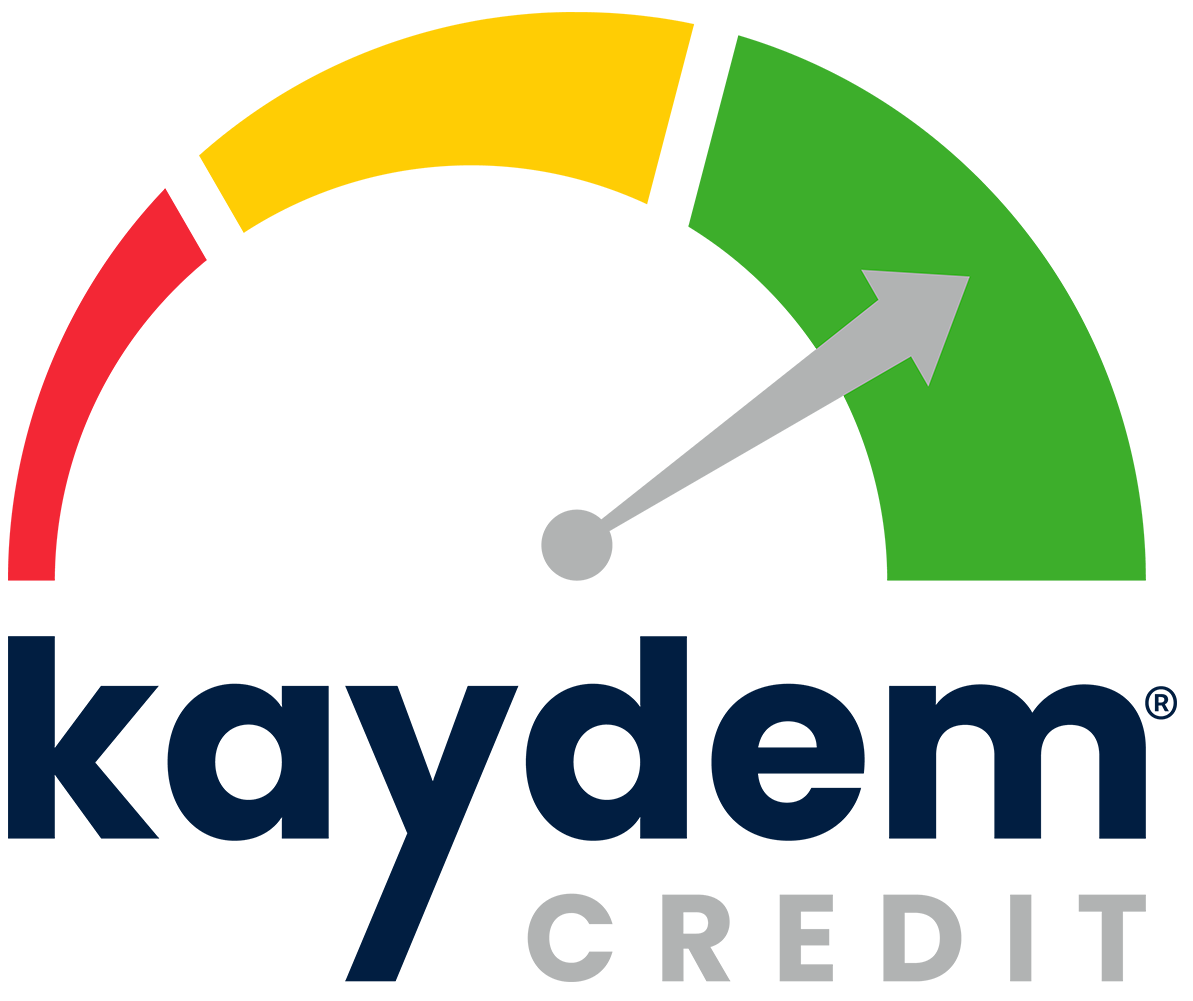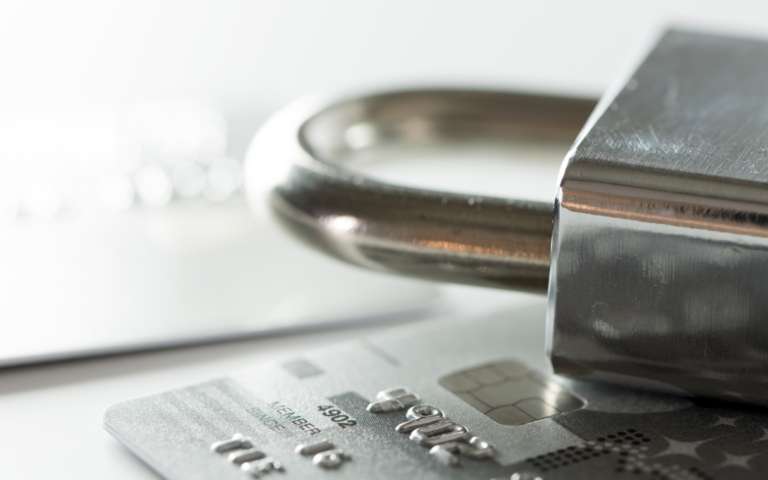As parents, we often try to set our children up for success in every facet of their lives. One aspect that is often overlooked is their credit history. Building up your child’s credit history can set them up for financial success in the future.
With the right tools and education, you can start building your child’s credit history and help them start their credit journey early. It is never too early to start thinking about your child’s financial future, and with the proper guidance, you will be putting them on the path to credit success. In this article, we will explore when the best time is to help build your child’s credit history and how to do so.
Understanding Credit History and Scores
Credit history is a detailed record of an individual’s past borrowing and repayment activities. It includes how often and promptly you pay back your debts, the number of open credit lines, and how long each credit account has been active. Lenders and creditors use this information to evaluate your creditworthiness when you apply for new credit.
A credit score, on the other hand, is a numerical representation derived from your credit history. It is essentially a grade that shows lenders at a glance how risky it would be to lend money to you. The most common type of credit score is the FICO score, which ranges from 300 (poor) to 850 (excellent).
Credit scores are calculated using data from your credit report, and different scoring models may weigh the factors differently. Many lenders use the FICO score, which is calculated based on five factors:
- Payment History (35%): This is the most significant factor. It considers whether you have paid past credit accounts on time.
- Amounts Owed (30%): Also known as the credit utilization ratio, amounts owed look at how much you owe compared to how much credit you have available. Lower utilization is better.
- Length of Credit History (15%): This measures the age of your oldest credit account, your newest one, and the average age of all your accounts.
- New Credit (10%): This pertains to how many new accounts you have or how many times you’ve applied for credit recently.
- Credit Mix (10%): This considers the types of credit you have (credit cards, auto loans, mortgages, etc.). A diverse credit mix can help your score.
Understanding these factors can help you make informed decisions about managing your credit and working towards improving your credit score.
When to Start Building Your Child’s Credit History
The right age to start building credit for your child can vary depending on several factors. Generally, personal finance experts suggest that the late teenage years, around 16-18, may be a suitable time to consider introducing your child to credit. At this age, they typically understand the concept of credit and its responsibilities. It is also around when they may start incurring expenses such as car payments or college tuition, where having some credit history could be beneficial.
While you might be eager to help your child start building credit, there are legal limitations to consider. For instance, a person has to be at least 18 years old to apply for a credit card in their name in the United States. However, there are ways around this. You can add your child as an authorized user on one of your credit cards, even if they are under 18. This allows them to benefit from your credit history. Another option is to co-sign a secured credit card or loan with them once they turn 18.
It is important to remember that credit is not just about age; it is also about maturity and financial responsibility. Before introducing your child to credit, make sure they understand the concept of borrowing and the importance of paying back on time. They should be aware that misuse of credit can lead to debt and damage their credit score, which can have long-term implications. Therefore, financial education should go hand in hand with building credit. Teaching them about budgeting, saving, and the cost of borrowing (interest rates) will equip them with the knowledge they need to handle credit responsibly.
How to Start Building Your Child’s Credit History
Opening a Savings or Checking Account
Opening a savings or checking account for your child is one of the first steps towards establishing their financial foundation. While it does not directly impact their credit score, it can help them understand the basics of banking, such as deposits, withdrawals, and interest. It also sets the stage for more complex financial concepts like credit that they will encounter later.
Adding Your Child as an Authorized User on Your Credit Card
One of the most effective ways to help build your child’s credit history is by adding them as an authorized user on your credit card, which allows them to benefit from your credit history, provided you have a good one. They will receive a card with their name to make purchases, but you will be responsible for paying the balance.
Co-signing a Loan or Credit Card with Your Child
Once your child reaches the legal age, you can co-sign a loan or credit card, meaning both of you are responsible for the debt. If your child makes timely payments, both credit scores will benefit. However, if they do not pay, your credit score could be damaged. It is a significant step that requires trust and responsibility.
Teaching Your Child About Responsible Credit Usage
Education is a crucial part of building credit. Teach your child the importance of paying bills on time, keeping the balance low, and not applying for too much credit at once. Explain how credit scores work and how good credit can benefit them in the future, such as qualifying for lower interest rates on loans.
Encouraging Regular Monitoring of Credit Reports
Encourage your child to check their credit reports regularly to ensure they are accurate and up-to-date to help them understand how their actions impact their credit score. Additionally, it will allow them to spot errors and dispute them, which is essential to maintaining a good credit score. Several online platforms offer free credit report monitoring, which can be a useful tool for them.
Potential Risks and How to Mitigate Them
Starting to build credit too early can pose risks, such as the potential for debt accumulation. If a child does not fully understand the concept of credit, they may overspend, leading to high balances that are challenging to pay off. This could result in a snowball effect of accumulating interest and growing debt. To mitigate this risk, you must ensure your child understands the financial responsibility before introducing them to credit.
Setting spending limits and rules is another critical part of teaching responsible credit use. For example, you can set a low limit on your child’s credit card to prevent them from overspending. Additionally, establish clear rules for credit card usage and emphasize monthly balance payments to avoid interest charges.
When adding your child as an authorized user on your account, it is crucial to remember that your credit behavior can directly impact your child’s credit. If you miss payments or maintain high balances, it could negatively affect your child’s credit score. Therefore, it is essential to maintain good credit habits not only for your financial health but also for the sake of your child’s credit history.
Teaching children about managing debt is vital to prevent them from falling into a debt trap. Explain how interest works and the long-term implications of not paying off balances. Discuss different strategies for paying off debts, like paying more than the minimum amount due each month.
Furthermore, identity theft is a significant concern. Teach your child the importance of safeguarding personal information and checking credit reports for suspicious activity. Moreover, teach them to use strong, unique passwords for their financial accounts and to be cautious when providing personal information online.
A Door to Future Opportunities
Building your child’s credit history is a delicate process that requires patience, education, and responsibility. Starting early and teaching them about credit and financial management can help prepare them for a strong financial future. Remember to monitor their progress regularly, adjust if needed, and take the time to educate and guide your child on this crucial aspect of their financial well-being. With the right tools and knowledge, they can build a solid credit history that will open doors to many opportunities in the future.







